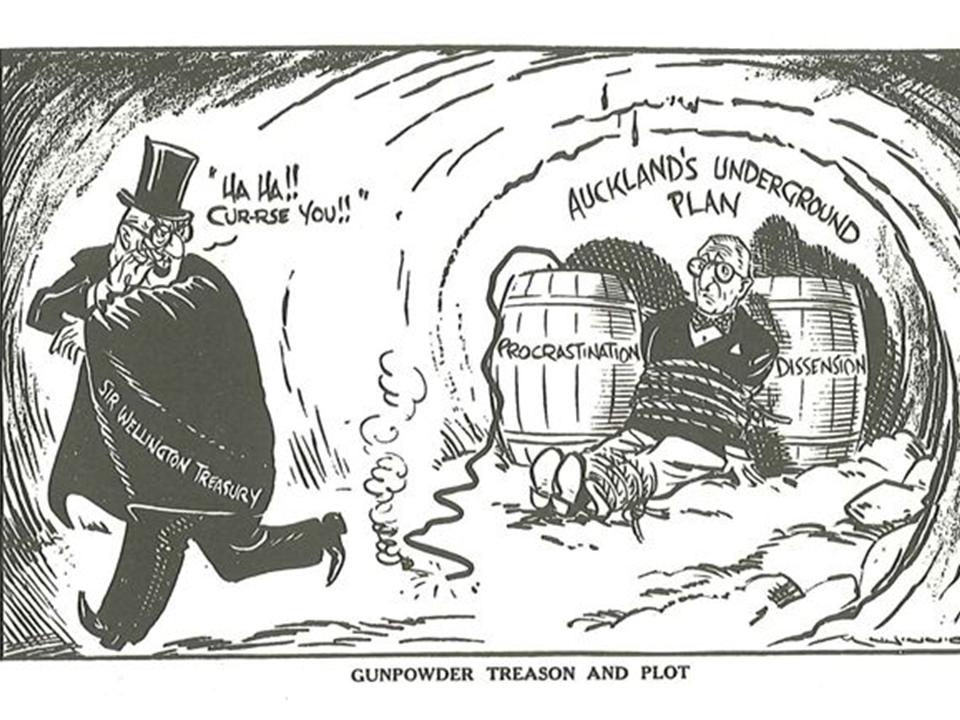The Great War 100 years on: have we not learned anything?
This month we commemorate the 100th anniversary of the start of the Great War of 1914-18. I have been aware of this approaching anniversary for time now and helped set up a special committee of the Auckland Council to oversee remembrance activities over the next four years.
The First World War is a subject I have long been interested in – like many other New Zealanders my grandfather served in it, (Samoa, Egypt and the Western Front). Sergeant John.J.Lee, (not to be confused with the famous politician Sergeant John.A.Lee), was shot and severely wounded in a place called Ploegsteert (‘Plug Street’), in Flanders, in May 1917.
Britain declared war on Imperial Germany on 4 August 1914, the next day the Governor-General of New Zealand, issued the war proclamation from the steps of parliament. Being a dominion of the British Empire, neither the government nor the New Zealand people were given any say in the matter – nevertheless the country loyally supported the declaration and thousands rushed to enlist.
Over 102,000 New Zealanders went off to war, some 10% of the population – over 18,500 were killed. Many more were wounded and came back maimed and suffering psychological disorders. The war dragged on for more than four years with some 17 million people killed and 20 million wounded. The First World War was to cause profound social dislocation and suffering and was to lead, only 20 years later, to the Second World War with even greater death, destruction and human misery.
One of the interesting aspects of the centennial has been a flood of books and articles, especially by British authors, sparking a debate between those historians who believe that Britain had no choice but to go to war, and those who argue that Britain (and her empire) would have been better off staying out. This presupposes the war’s outcome being a German dominated Europe, with Germany at the centre of a sort of European Union – which as the historians remind us, is rather like what we have now.
The debate between British scholars is entirely relevant to New Zealand because we were committed to it automatically by Britain.
It is a fascinating debate – and yet somehow I feel a major point is being missed. The Great War was triggered on the 28th June 1914 by a tubercular 19-year-old Serbian nationalist who shot and killed the heir to the throne of the Austro-Hungarian Empire and his wife. A callous act, in an obscure place, for an abstruse cause. But the killings lit the fuse, inexorably leading on to ultimatums, the activation of alliances, mobilisations of troops and the ultimate catastrophe. It was as if a giant diabolic machine had been set in motion and once in motion could not be stopped. But the statesmen, the diplomats, the generals, on all sides, did nothing to stop it. In fact one has the impression they wanted it to happen.
Having watched in recent months the unfolding of a political conflict in Eastern Europe, which, week after week, is steadily escalating – a conflict that could have incalculable ultimate consequences. And now all over our television screens we see the pitiable agony of Gaza and the Middle East. Despite the worthy utterances of the politicians, and statesmen and diplomats – there is a growing impression, that just like in 1914, the people with the power to stop it, do not want to stop it. One is left to wonder, what has the human race really learned in the last 100 years?
(A version of this article is published in the August issue of Ponsonby News and Verve Magazine.)




